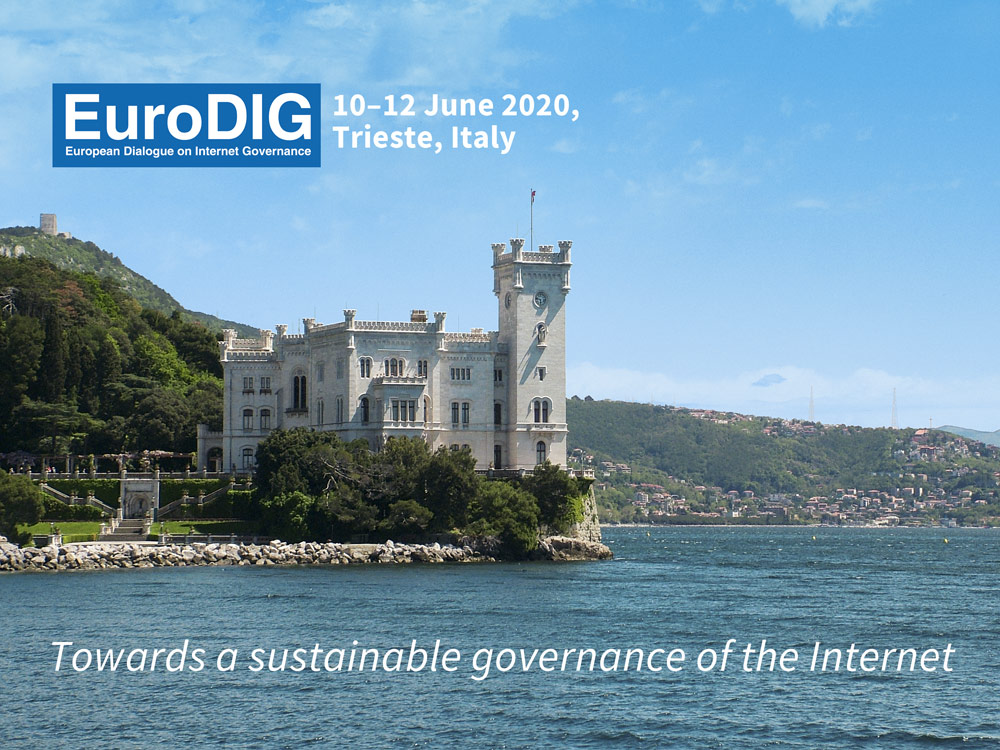5G: The opportunities and obstacles
12 Jun 2020 10:00h - 11:00h
Event report
The session was moderated by Mr Nigel Hickson (Internet Policy Consultant) who invited the panellists to share their views on the opportunities and obstacles of 5G technology.
Mr Falko Mohrs (Member of the German Bundestag and Member of the Committee on the Digital Agenda) spoke about the effects the new network technology will have on our daily lives. He explained that due to the widespread incorporation of the technology into our networks, it must be protected from espionage and sabotage. Emphasising the need for European sovereignty, particularly with regard to knowledge and technology capacity in critical infrastructure, Mohrs spoke about the need to mitigate the risks of utilising 5G by implementing regular reviews of the networks. Moreover, these reviews should not only assess the technical level but also the political dimensions applying to manufacturers, to ensure that the networks remain free from breaches from other countries.
Ms Jehanne Savi (Senior VP Innovation for Future Connectivity Business, Orange) spoke about the opportunity that 5G technology presents, especially for business-to-business (B2B) operations. Due to the ability of 5G technology to handle unprecedented amounts of data with low latency, real time sourcing will represent about 30% of the data flows. Moreover, according to Savi, 5G technology allows the delivery of quality, on-demand content while reducing the overall energy-consumption of the technology sector. The technology thus has the potential to reduce transactional costs significantly thanks to its fibre speed, but also promises to alleviate the energetic footprint of previous network technology.
Mr Cao Hui (Director of Strategy and Cooperation, Huawei Europe) explained that the telecommunications industry is one of the most co-ordinated industries globally. He indicated that the achievement of 5G connectivity is a result of global co-operation. Therefore, decoupling the technological supply chain is not in everyone’s interest. Cao highlighted Huawei’s commitment to further developing patents and setting up transparency and cybersecurity centres in various European cities. He announced that the company was opening factories in Europe to produce 5G ‘made in Europe’. He emphasised that the country of origin of a company should not be relevant and that doing so is dangerous and destructive. The focus should rather be on research and development processes, procurement, and other concrete steps in the value chain. He further noted that we need to address the risks of 5G technology through a series of verifiable criteria, taking into account the global nature of the supply chain and all vendors. Only when all of them are subject to the same strict standards and evaluations will it be possible to upgrade the security of the 5G network effectively.
Ms Andrea Halmos (Policy Officer, Smart Mobility and Living (DG CONNECT), European Commission) reiterated Europe’s commitment to 5G technology and explained that member states have been asked to identify and implement commercial 5G infrastructure in at least one city by the end of the year. She further spoke about the development of further standards and investments in support of the EU’s strategy. Halmos highlighted that the 5G toolbox has been put in place to ensure network security as well as fair market conditions, adding that smart cities provide the most compelling business cases in this early stage of the rollout, since they can enable the creation of data platforms that can enable cross-sector and cross-country dataflows and stakeholder engagement. Halmos further explained that smart cities have been using digital technologies to help reduce resource needs and to help cities become more sustainable. Moreover, smart cities provide an important area where the private and the public sector can meet and shape the technology even further while increasing trust in each other.
Ms Elena Puigrefagut (Senior Project Manager, European Broadcasting Union (EBU)) mentioned that 5G technology has great potential for the media industry considering that the 5G ecosystem will allow public service organisations to make content and services available. Thanks to 5G technology, these services can be made available at all times and across (mobile) devices. She also highlighted that costs can be reduced through 5G networks given. Reduction of costs would also play an important role in emergency situations where populations must be informed quickly through broadcast networks. Moreover, Puigrefagut mentioned the EBU engagement in standardisation bodies that will facilitate the representation of the media’s requirements in the new technical policies.
Mr Pierpaolo Marchese (Independent ICT consultant) mentioned that the timeline for the implementation of the 3GPP releases is confirmed, although it is expected to be slightly delayed by three to six months. The launch of vertical markets, satellites, fixed mobile convergence, and other developments connected to 5G technology is therefore still expected to happen next year. Marchese highlighted the successful coordination work that has been undertaken across various standardisation bodies. However, he indicated that the path to becoming a global network goes beyond commonly agreed standards as it relies on roaming agreements, certification schemes, and other types of regulatory harmonisation. Marchese stressed that regulations such as the EU General Data Protection Regulation (GDPR) had already had positive effects on the development of the
technology, including built-in security design principles and nested authentication schemes. Nonetheless, the widespread application of the network opens up a great number of new vulnerabilities that cannot all be anticipated.
By Cedric Amon
Related topics
Related event

